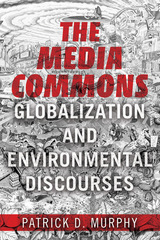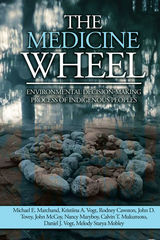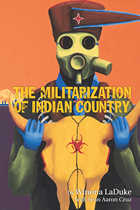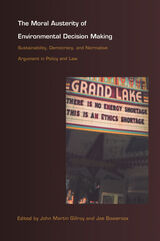Toward Nationalizing Regimes: Conceptualizing Power and Identity in the Post-Soviet Realm
University of Pittsburgh Press, 2020
eISBN: 978-0-8229-8757-4 | Cloth: 978-0-8229-4617-5
See other books on: History | Identity | Russia
See other titles from University of Pittsburgh Press
eISBN: 978-0-8229-8757-4 | Cloth: 978-0-8229-4617-5
ABOUT THIS BOOK | AUTHOR BIOGRAPHY | REVIEWS | TOC | REQUEST ACCESSIBLE FILE
ABOUT THIS BOOK
Finalist, 2021 CESS Book Award
The collapse of the Soviet Union famously opened new venues for the theories of nationalism and the study of processes and actors involved in these new nation-building processes. In this comparative study, Kudaibergenova takes the new states and nations of Eurasia that emerged in 1991, Latvia and Kazakhstan, and seeks to better understand the phenomenon of post-Soviet states tapping into nationalism to build legitimacy. What explains this difference in approaching nation-building after the collapse of the Soviet Union? What can a study of two very different trajectories of development tell us about the nature of power, state and nationalizing regimes of the ‘new’ states of Eurasia? Toward Nationalizing Regimes finds surprising similarities in two such apparently different countries—one “western” and democratic, the other “eastern” and dictatorial.
The collapse of the Soviet Union famously opened new venues for the theories of nationalism and the study of processes and actors involved in these new nation-building processes. In this comparative study, Kudaibergenova takes the new states and nations of Eurasia that emerged in 1991, Latvia and Kazakhstan, and seeks to better understand the phenomenon of post-Soviet states tapping into nationalism to build legitimacy. What explains this difference in approaching nation-building after the collapse of the Soviet Union? What can a study of two very different trajectories of development tell us about the nature of power, state and nationalizing regimes of the ‘new’ states of Eurasia? Toward Nationalizing Regimes finds surprising similarities in two such apparently different countries—one “western” and democratic, the other “eastern” and dictatorial.
See other books on: History | Identity | Russia
See other titles from University of Pittsburgh Press












